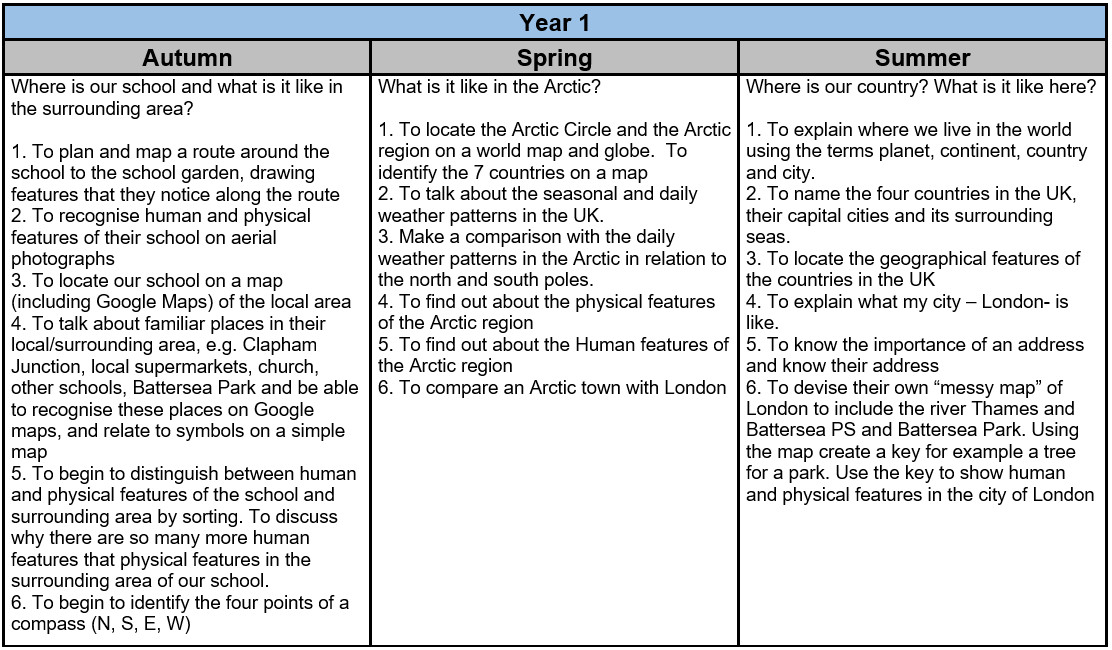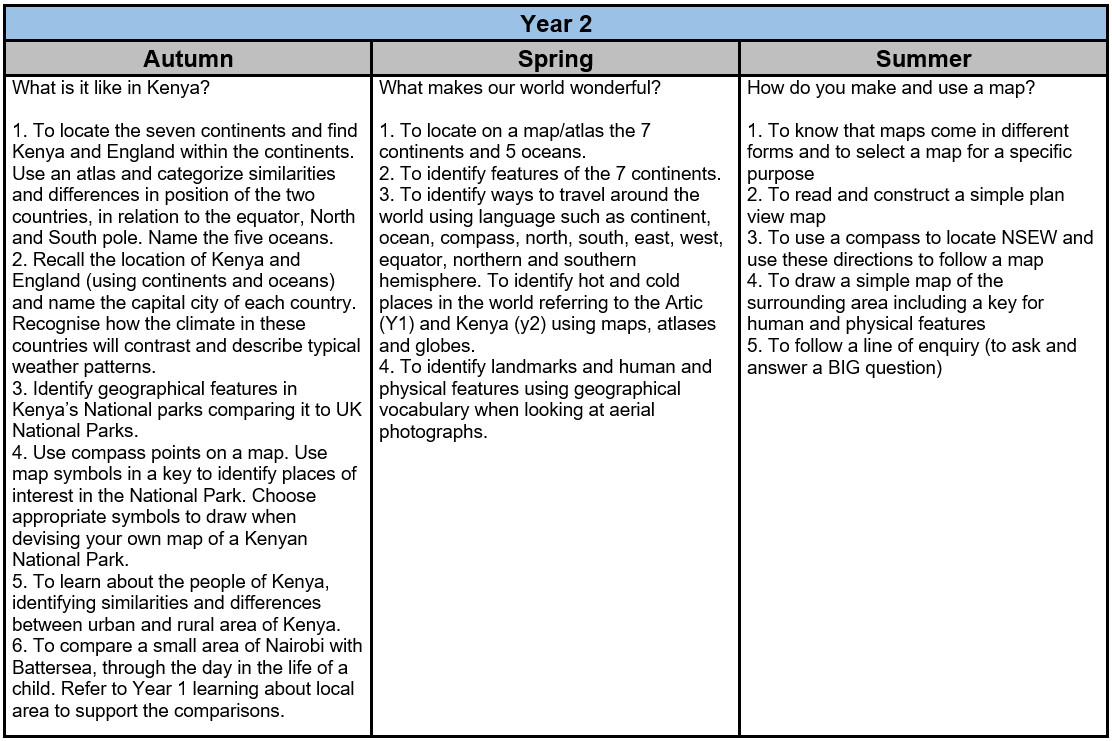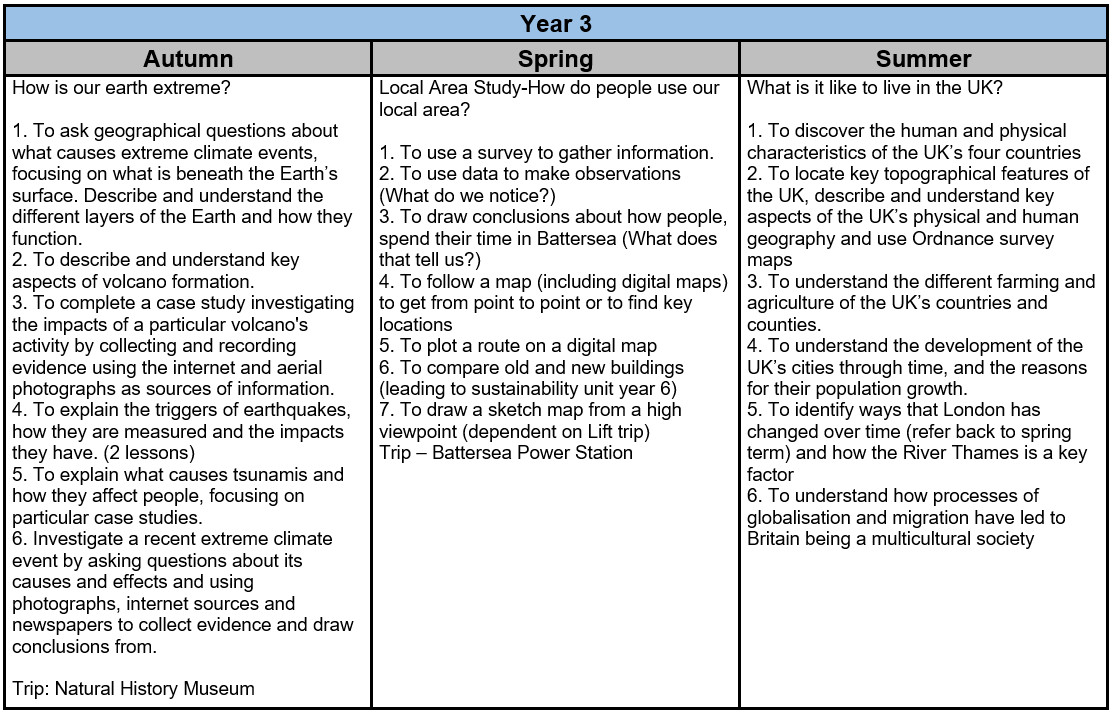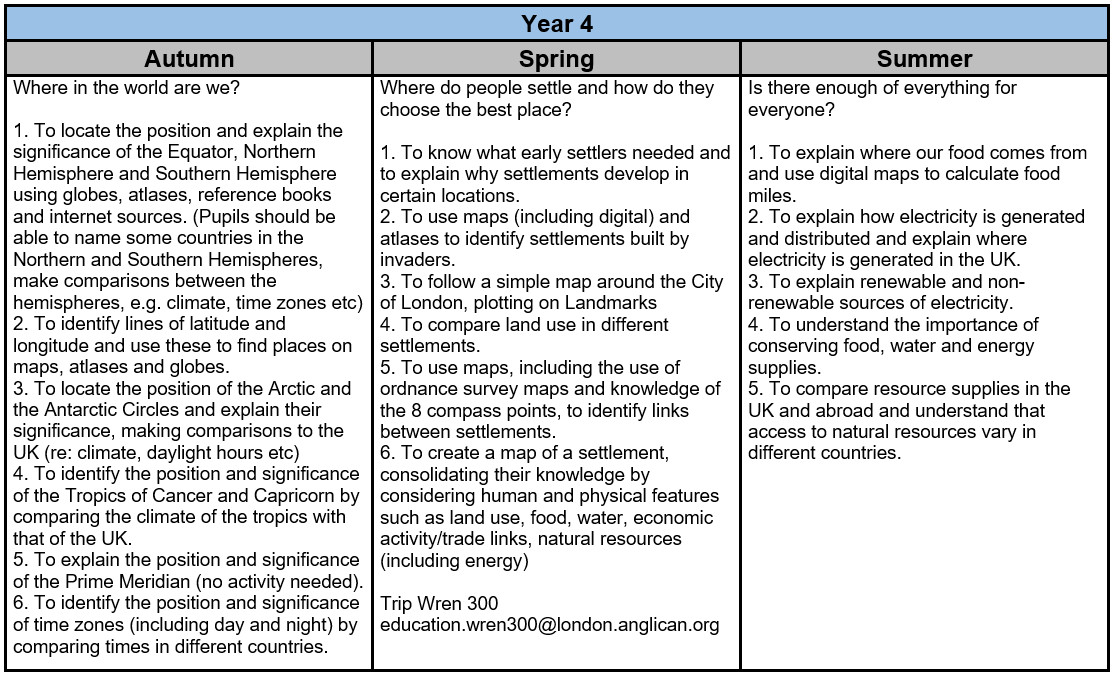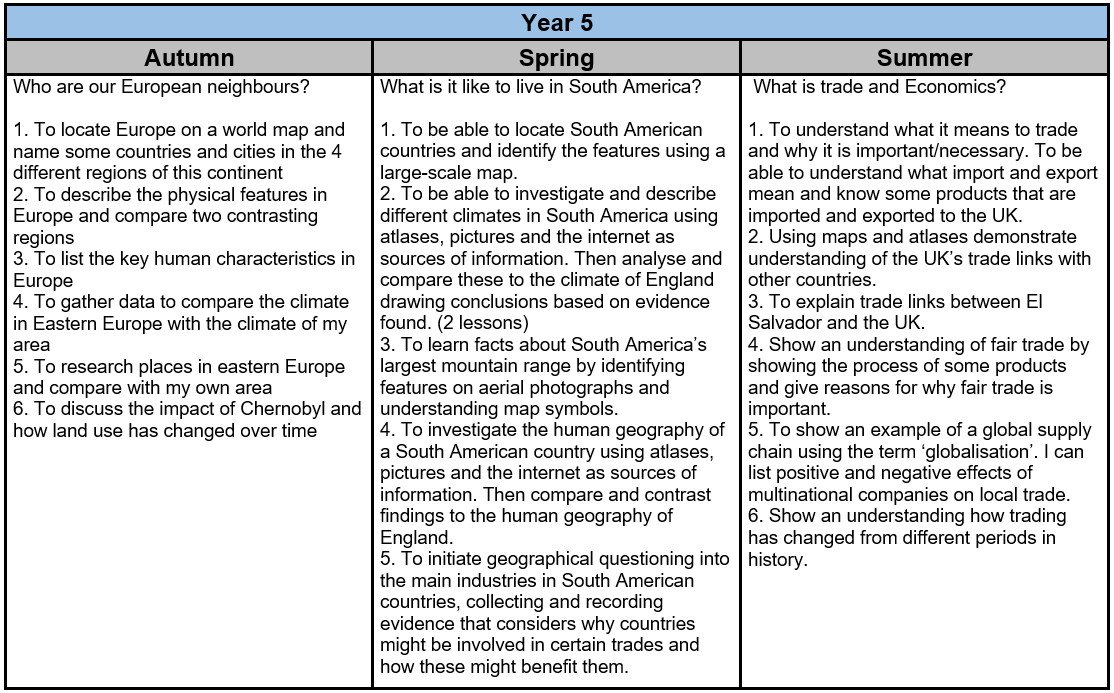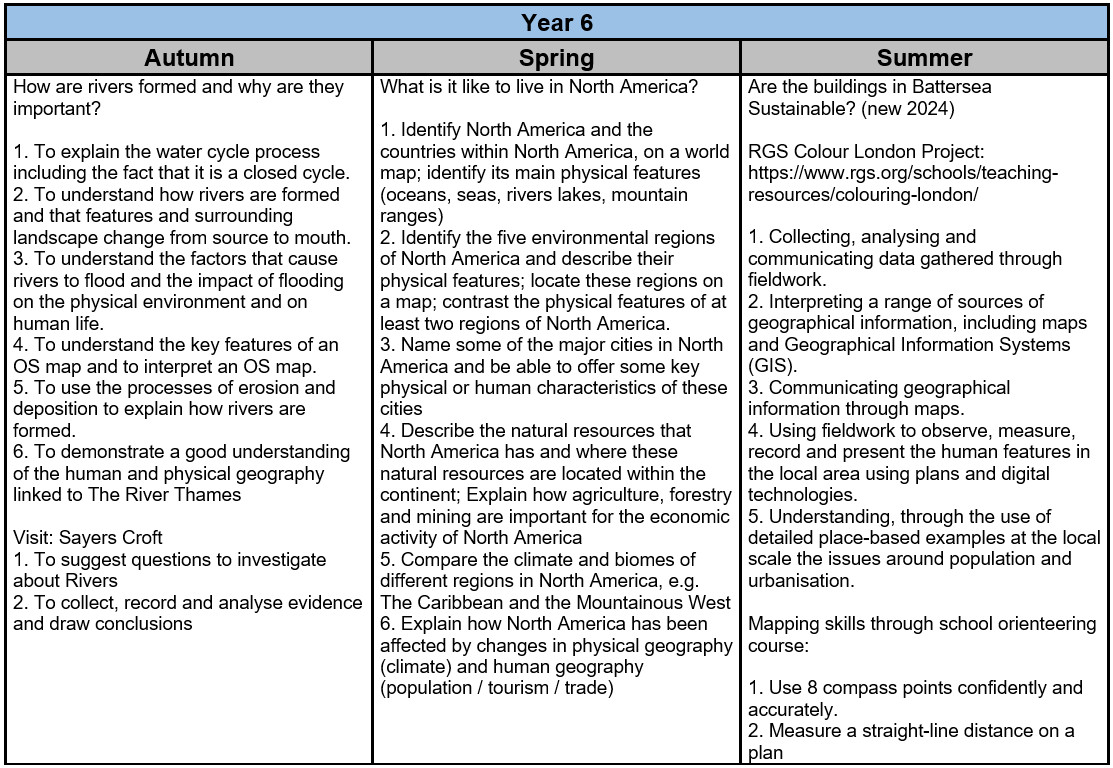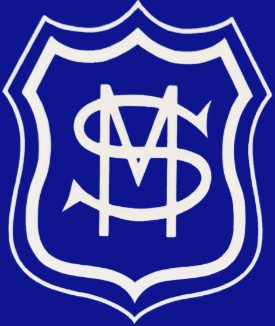Geography
Our Approach to the Teaching and Learning of Geography at St Mary’s School
Our families represent over 40 nationalities, and our children speak over 15 different languages and so geography is at the heart of all that we do. From an early age, our children are encouraged to be involved with our community, have opportunities to celebrate their nationalities and support projects and charities working across the globe.
Through our discrete teaching of geography, our children will develop a balance of knowledge and skills. Units of work have been chosen that will enable the children to meet the National Curriculum requirements. They are sequenced in an age appropriate way that allows for progression of skills. Our milestones are delivered through high quality teaching that is differentiated and personalised in order to meet the individual needs of our children, including those with SEND.
Along the way, we enhance our geography teaching and learning through the study of well chosen fiction and non-fiction books, opportunities for purposeful writing and creative projects. Thanks to digital mapping and virtual reality devices, we take every opportunity to use technology to bring this subject alive.
We make use of our local area – both the busy high streets and the green spaces – to learn about mapping, orienteering and human and physical geography. We are also able to use our knowledge of our own diverse city to compare and contrast where we live with other places in the world.
Our children begin their learning journey by mapping routes around their school. They end their journey being able to discuss and explain issues that are affecting the world today and challenge decisions and behaviours of the human race.
Teachers monitor learning in the lesson to quickly pick up on misconceptions and to scaffold tasks in order to support individuals. Whole class and targeted feedback is given in the lesson where possible and after, through written feedback if necessary. Children will have the opportunity to regularly edit and improve their work. Each new lesson starts with a recap of prior learning and an opportunity for the children to assess their progress against our milestones. We use knowledge organisers and working walls to help remind the children about their learning in each unit. Teachers use evidence in books, oral contributions and observations of children working to make judgements about their attainment in this subject.
Please view Clean Air Day Film – Chocolate Films Project
EYFS Educational Programme – Understanding the World
Understanding the world involves guiding children to make sense of their physical world and their community. The frequency and range of children’s personal experiences increases their knowledge and sense of the world around them – from visiting parks, libraries and museums to meeting important members of society such as police officers, nurses and firefighters. In addition, listening to a broad selection of stories, non-fiction, rhymes and poems will foster their understanding of our culturally, socially, technologically and ecologically diverse world. As well as building important knowledge, this extends their familiarity with words that support understanding across domains. Enriching and widening children’s vocabulary will support later reading comprehension.
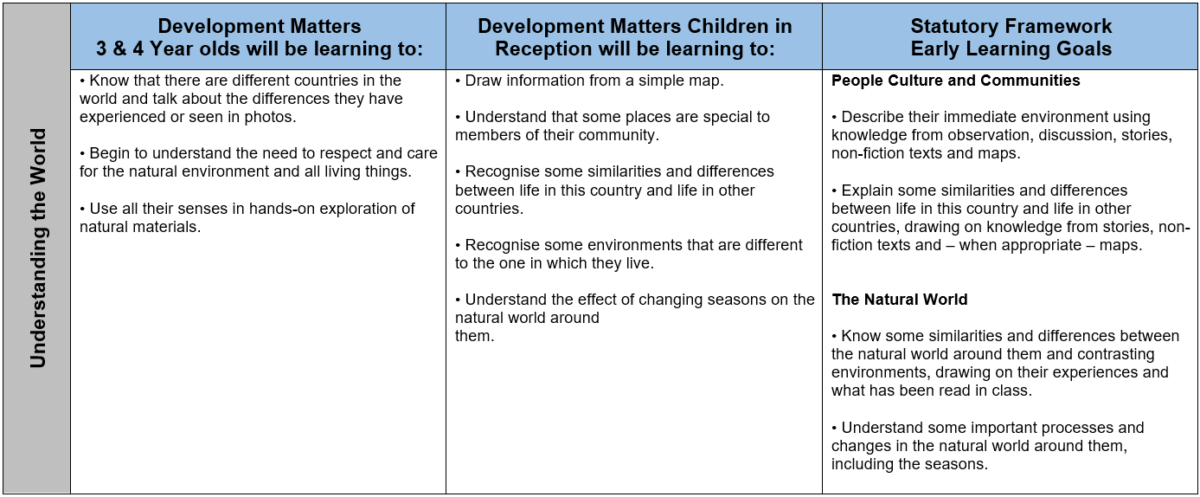
Geography Curriculum Road Map Year 1 – Year 6
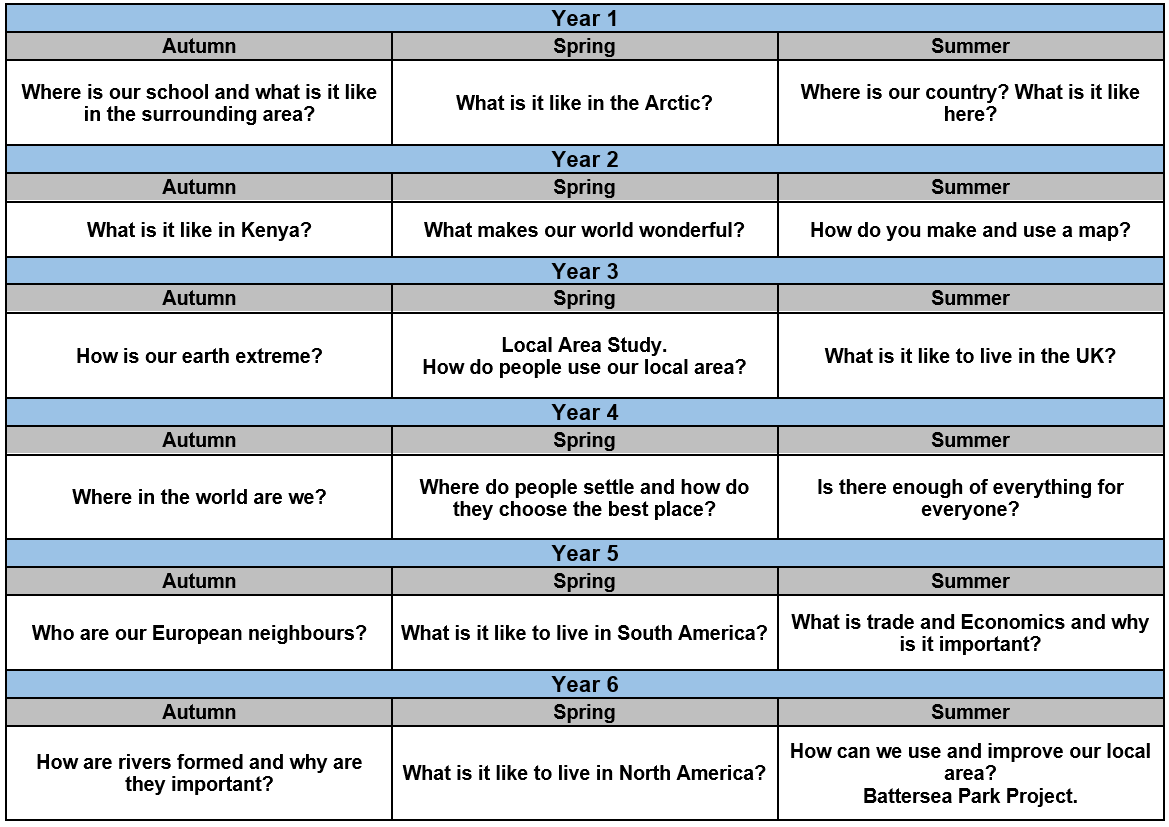
Geography Curriculum Milestones Year 1 – Year 6
